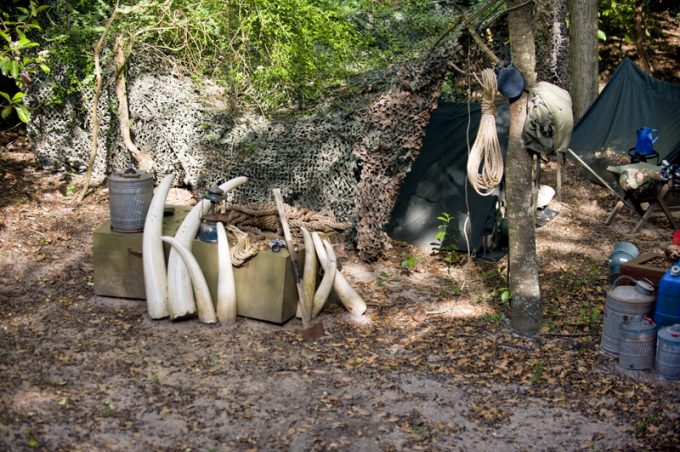CNS: rumours of its demise may be premature
Speculation that the CNS Partnership event may have run its course seems premature. Attended by some ...

The International Air Transport Association (IATA) has stepped up its efforts to tackle the illegal wildlife trade, calling on airlines to consider the commercial implications if nothing is done to stem the $19bn-a year-industry.
Gordon Wright, head of cargo border management, said the fourth-largest transnational illegal trade had become a priority for the association after it had got significantly worse in the past 18 months.
“The increase in trade has become severe, with governments worldwide taking it far more seriously,” said Mr Wright. “Last year it was just behind drugs, counterfeiting and people-smuggling in terms of illegal trade.”
For example, Mr Wright said, the number of rhino poached a year in South Africa had risen almost a hundred-fold since 2007, with more than 1,100 killed in 2015, while poaching now claims the lives of approximately 30,000 African elephants every year.
“The methods used are also changing, with poachers poisoning elephant water sources, dramatically increasing the number killed,” added Mr Wright. “If left unaddressed, this could result in the extinction of iconic animals.”
In recent years, two sub-species of rhino – the western black in Cameroon and the Indochinese Javan in Vietnam – became extinct, according to the International Union for the Conservation of Nature. And the northern white rhino is on the cusp of extinction, its numbers cut from thousands to just three, two females and a male, none of which have any capacity to reproduce.
Mr Wright said that for airlines it was more than a moral issue, and they needed to additionally address it from a commercial angle.
“Airlines fly people to areas to see these species; if they are all killed there will be nothing to see and tourism could begin to dry up.”
While rhino and elephants grab the headlines, Mr Wright said it was the lesser-known pangolin – a scaly anteater – that had gained the unwelcome distinction of becoming the most trafficked animal on the planet, aided by their ease of harvest.
“When under threat, pangolins offer no resistance and simply curl into a ball, which makes them easy to pick up,” he continued. “They are then killed and turned into bags and belts.”
Mr Wright declined to single out countries as the biggest culprits in the trafficking of animals and animal products, preferring to say it was a global issue that needed to be addressed not just by individual nations but by the world.
“We need to dramatically increase our efforts to curb this issue – seizures currently account for just 10% of the trade in trafficked animals,” said Mr Wright.
As part of its own efforts, last month IATA launched its Airport Wildlife Tracking Assessment tool with a pilot at Maputo International Airport before being further rolled out to Hanoi.
Developed in partnership with the World Customs Organization (WCO) with support from the USAID ROUTES Partnership, Mr Wright said five more airports had already been added to the assessment list, with plans for a complete global rollout in 2017.
“We look at airport security, staff awareness – both in cargo and passenger operations – and reporting mechanisms,” said Mr Wright. “Do staff know how to keep a crime scene clean? Are there the legal systems in place for prosecuting those caught – a lot of countries don’t prosecute as the animal or product is going out of country.
“We are not out, though, to name and shame airports.”
Alexandre de Juniac, IATA’s director general and chief executive, believes the illegal trafficking of wildlife products, including many iconic and endangered species, is an issue the aviation industry takes very seriously.
“It will take a team effort to combat this deplorable trade,” he said.
Comment on this article